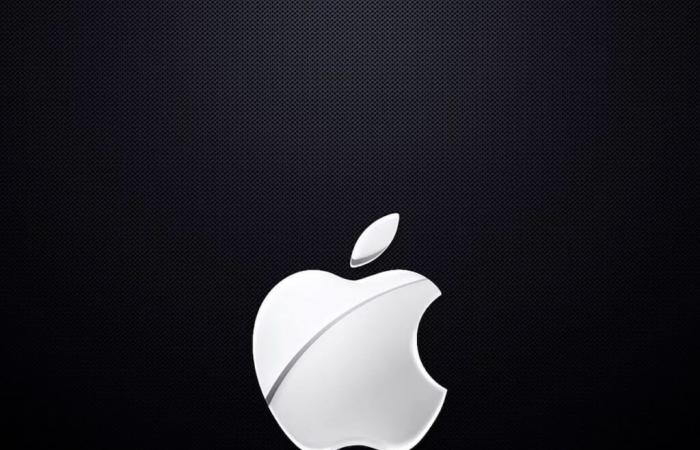Tech giant Apple, known for its iconic iPhones, is facing troubling accusations over its recycling practices. An investigation by Bloomberg reveals a significant gap between Apple's claims and the reality on the ground. Let's dive into the details of this controversy which calls into question the environmental commitment of the apple brand.
The hidden reality behind Apple recycling
Contrary to what Apple claims, the majority of iPhones intended for recycling would actually be destroyed or stolen. This shocking revelation comes from an in-depth investigation by Bloomberg. Apple's recycling process raises serious questions about its effectiveness and authenticity.
The “apple cage”, the name given by employees of GEEP (an Apple subcontractor) to a secure area, is at the heart of this controversy. This zone, supposed to protect Apple devices awaiting recycling, would in fact be the scene of much less virtuous activities than announced.
The investigation reveals that the contract linking Apple to GEEP requires destruction of products in industrial crushers. This practice concerns devices collected in Apple Stores or recovered during exchanges with new models. Such an approach raises questions about Apple's real commitment to the climate and reducing its carbon footprint.
Apple's motives questioned
Several reasons could explain Apple's preference for destruction rather than true recycling:
- Control of the refurbished smartphone market
- Protection of user data
- Prevention of the circulation of spare parts on alternative markets
These practices raise questions about the sincerity of environmental commitments from Apple. The firm had, however, committed to achieving carbon neutrality by 2030, making recycling a stated priority.
A surprise audit revealed the disappearance of nearly 100,000 products at GEEP. Some iPhones, supposed to be recycled, have even been reactivated in China. This discovery led Apple to sue GEEP, exposing its questionable practices.
The technical and ethical challenges of recycling
Apple highlights its recycling efforts, particularly with its innovative robots like Liam, Daisy and Dave. These machines are designed to efficiently disassemble iPhones and sort the components. However, their capacity remains limited:
| Robot | Annual capacity | Equivalent in iPhone sales |
|---|---|---|
| Daisy | 1,2 million d’iPhone | 2 days of global sales |
This reduced capacity raises questions about thereal effectiveness from Apple's recycling program. In addition, technical challenges persist, particularly for damaged iPhones which complicate the extraction of certain components.
The real environmental issue lies in the lifespan of devices. In fact, 80% of an iPhone's carbon footprint is linked to its manufacturing. Thus, extending the useful life of existing devices is crucial to reducing environmental impact.
Towards increased transparency and more sustainable practices
Faced with criticism, Apple claims to have made progress “by leaps and bounds” since the GEEP affair. The firm has notably committed to recycling 100% of the cobalt from its printed circuits by 2025. However, many observers believe that these efforts remain insufficient.
The main criticism leveled at Apple concerns its refusal tosupply the spare parts market. Among the thousands of crushed iPhones, many still functional components (screens, cameras, chassis) could be reused, reducing the need to produce new parts.
To truly honor its environmental commitments, Apple should consider:
- Greater transparency on its recycling practices
- The opening of the spare parts market
- Improving the repairability of its products
- Extending device lifespan through extended software updates
By adopting these measures, Apple could not only reduce its environmental impact, but also restore consumer confidence in its ecological commitments. The challenge is significant, but it is essential for the future of the planet and the credibility of the brand.






